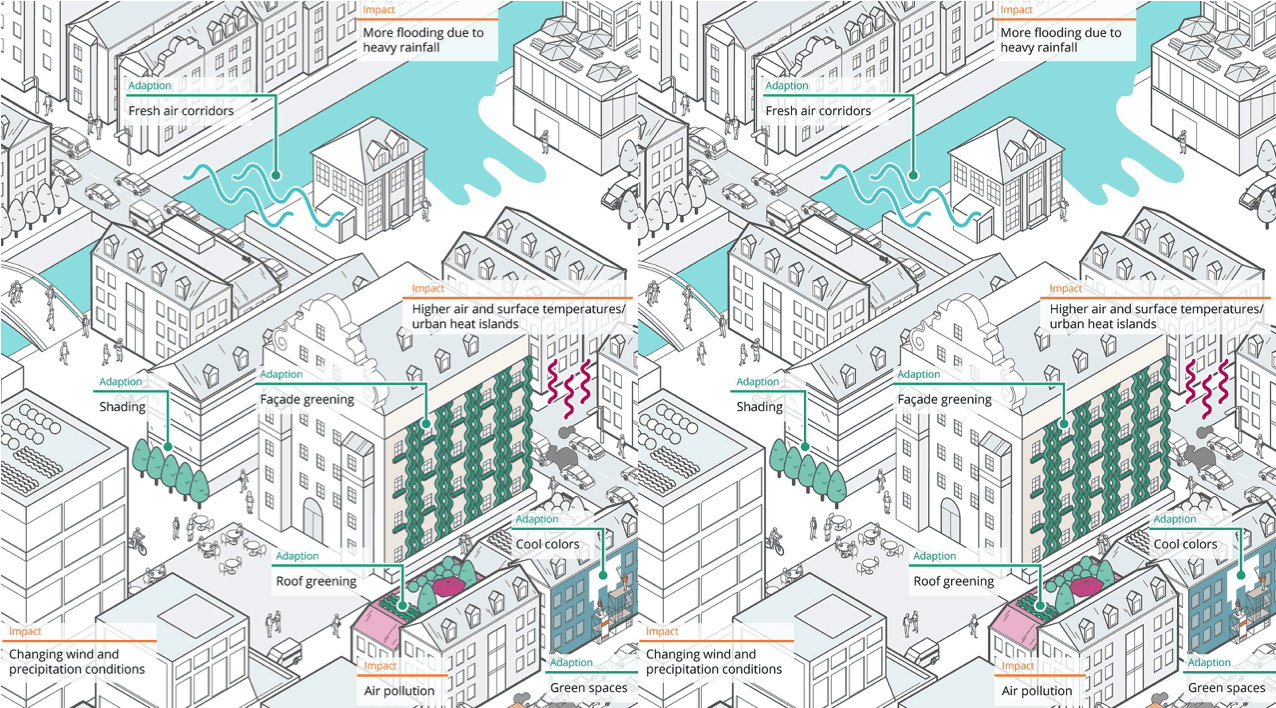
Cities are running out of clean air. Therefore, it is time to get to work on new concepts. Among other things, in terms of mobility. One option presently under consideration is the use of e-vehicles – particularly within the commercial sector. However, for most small and medium-sized enterprises, the purchase of an electric vehicle is not within their budgets for financial reasons at present. In order to find a solution to this problem, the Fraunhofer Institute for Production Technology IPT in Aachen is currently researching a practicable modular system for electric commercial vehicles.
From food to furniture trucks
The scientists are currently collaborating on lightweight, modular electric commercial vehicles with the following partners: Production Engineering of E-Mobility Components PEM“ from RWTH Aachen University, Djemajli & Stüttgens GbR, the Laser Processing- and Consulting Centre GmbH, as well as StreetScooter GmbH Their goal is to be able to manufacture these inexpensively and thereby also design cost-effective products for the market.
Using the project name “Construction kit for wagon loader systems”, the vehicles are to be combined with a different unit depending on the transport task. A closed trunk unit with refrigeration and a humidity meter is being designed for transporting foodstuffs. The unit without refrigeration is able to be used for transporting tools. A platform structure facilitates the transport of building materials. The unique advantage of this system is that since the unit can be exchanged flexibly and quickly, companies are even able to use the same vehicle undercarriage for a variety of transport tasks within a company. For example, if a carpenter drives to their customer, they use a unit with a shelving system for their tools. If they later deliver an item of furniture, they need a larger loading area and use a unit with a platform and a fastening mechanism.
Cost reduction and productivity
The project consortium has even gone one step further: the modular construction kit offers the opportunity for several companies to share a fleet in line with the principle of car sharing. As a result, high investment costs are able to be reduced significantly for each individual company. The amount of time that vehicles are not being used is reduced as well. Furthermore, less parking space is needed to park idle vehicles.
A major advantage of the modular concept is that the number of e-vehicles actually in use is able to be reduced. This in turn lowers the high investment costs, which are incurred primarily in connection with the purchase of high-performance lithium-ion batteries. The modular design of the installation area, which is geared to the needs of small and medium-sized enterprises, is designed in such a way that costs can be cut during the production of the vehicles, initially even with small quantities.
First Prototype
The project consortium took various scenarios for the usage of light e-commercial vehicles into account as part of its concept. In order to do this, the researchers interviewed craft enterprises, maintenance companies and food and drug transport companies about the respective job specifications for their company vehicles.
All criteria such as dimensions, power supply, load attachment, refrigeration, storage systems etc. could be defined by industry and purpose. In order to meet all these requirements, the collected criteria were bundled into different categories such as “easy cleaning” or “simple loading”. On top of that, everything is clearly summarised on a specification sheet.
The partners subsequently developed the concept of the modular loader wagon based on this information in the following steps. They planned the technical implementation and the product structure, and finally, prepared the technical specifications for the design.
After a prototype of the modular system had been designed down to the component level, it was then possible to design it complete with a loader wagon. In the meantime, the prototype has been successfully tested with regard to its practical suitability on a test site. We can now look forward to seeing the next steps in implementation.
The research project “Construction kit for loader wagon systems” was funded by the European Regional Development Fund (ERDF).








